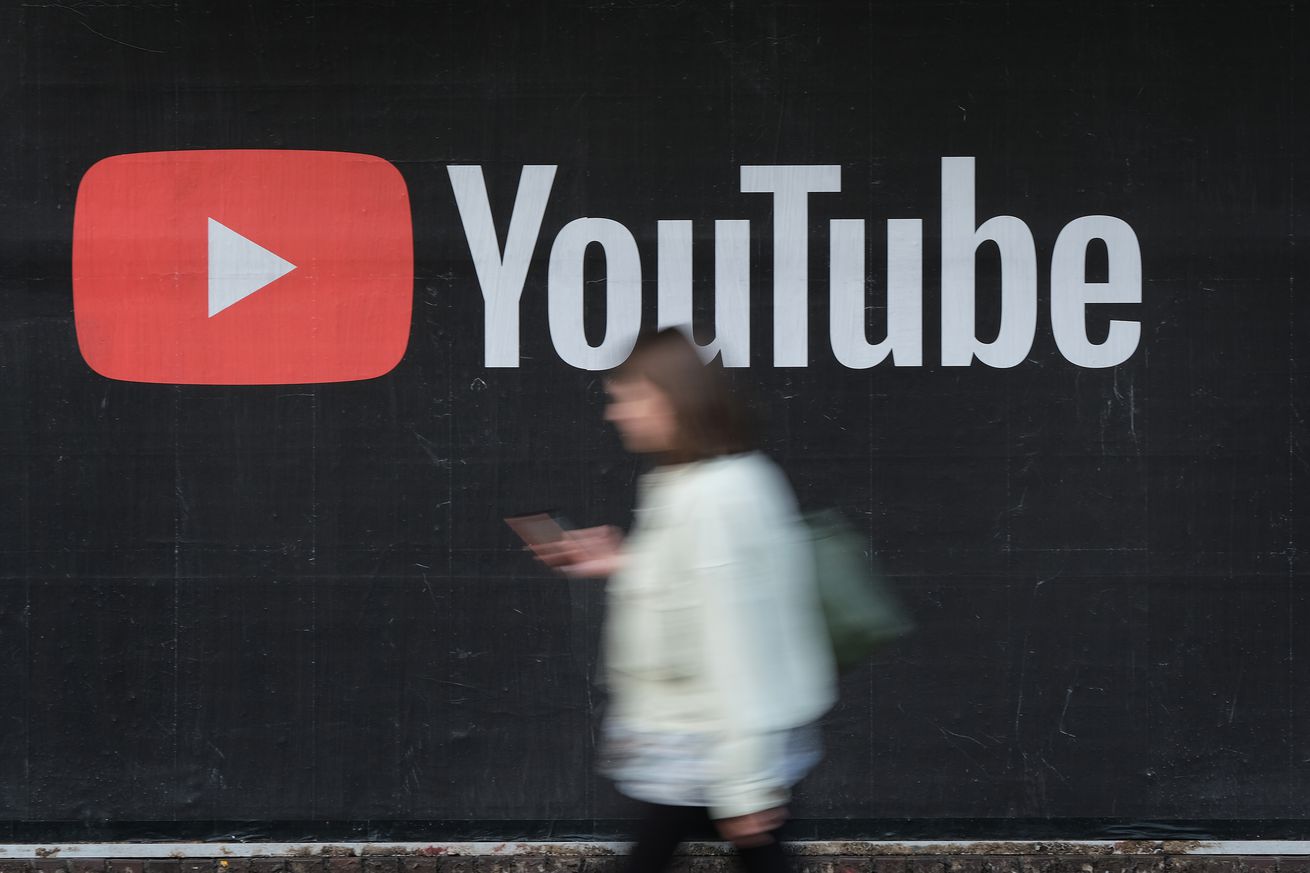
Google is still turning a buck on climate disinformation on YouTube. The company pledged not to sell ads on content that rejects mainstream climate science more than a year ago. And yet, in April, researchers were able to find hundreds of videos promoting misinformation about climate change that Google monetized with ads.
The Climate Action Against Disinformation (CAAD) coalition, a group that includes more than 50 nonprofit organizations, published the report today. It points to 100 different videos spouting lies about climate change on which Google ran ads, violating its own policy on disinformation. These are videos that outright deny what mountains of evidence tell us about climate change: that it’s caused by greenhouse gas emissions released into the atmosphere by burning fossil fuels.
And that only includes misleading content that falls within Google’s more limited parameters for content it says it refuses to monetize. CAAD advocates for a broader definition of disinformation to include deceptive content about how to tackle climate change — such as false arguments that nothing can be done about climate change or ads that promote purported solutions that are actually ineffective. The report found another 100 videos featuring this kind of content, which it worries can delay legitimate climate action.
“Google is supporting the climate disinformation they say they want to stop … Disinformation persists because it’s profitable, and Big Tech needs to remove that incentive,” Erika Seiber, climate disinformation spokesperson at the nonprofit Friends of the Earth (a member of CAAD), said in a press release.
Back in October 2021, Google announced that it was updating its ads and monetization policies on climate change. It said its new policy would “prohibit ads for, and monetization of, content that contradicts well-established scientific consensus around the existence and causes of climate change. This includes content referring to climate change as a hoax or a scam, claims denying that long-term trends show the global climate is warming, and claims denying that greenhouse gas emissions or human activity contribute to climate change.”
But even today, The Verge found that one of the climate disinformation videos highlighted in the report for violating that policy still ran with a preroll ad for a mosquito lamp. The video was created by The Heartland Institute, a conservative think tank infamous for rejecting the scientific consensus on climate change.
“These days, climate change science really isn’t science at all,” Naomi Seibt, a frequent speaker for The Heartland Institute, says in the video. “I believe, unfortunately, that the goal is to shame humanity. Climate change alarmism at its very core is a very despicably anti-human ideology.”
The science on climate change is clear. It’s caused by greenhouse gas emissions from fossil fuels and has already heated the planet to where extreme weather is more frequent and rising sea levels are flooding coastal communities.
Altogether, the 200 Youtube videos analyzed in the report garnered 73.8 million views as of April 17th, 2023. They featured ads from brands including Costco, Tommy Hilfiger, Nike, and Hyundai.
Google did place a highlighted box under The Heartland Institute video that links to a United Nations’ webpage explaining climate change. “Climate change refers to long-term shifts in temperatures and weather patterns, mainly caused by human activities, especially the burning of fossil fuels,” the box says.
That disclaimer was missing from another video in the data set this morning, though, that says, “Climate hysteria is just another rebrand, a Trojan horse for anti-white anti-Western communist tyranny.” The video also attacks 20-year-old climate activist Greta Thunberg, saying she “has created a generation of cult members.”
“It really begs the question about what Google’s current level of enforcement is,” Callum Hood, head of research at the nonprofit Center for Countering Digital Hate that also contributed to the report, said to The New York Times. After taking the time to watch each video one by one, the research team’s findings are “probably the tip of the iceberg,” he says.
CAAD conducted its research by searching YouTube for key terms such as “climate hoax” and “climate scam.” Then at least two separate researchers assessed the videos against Google and CAAD’s definitions of climate misinformation.
In an email to The Verge, Google says it has since reviewed the list of videos in the dataset and removed ads from those that violate its policy against climate change denial. “While we enforce this policy rigorously, our enforcement is not always perfect, and we are constantly working to improve our systems to better detect and remove policy violating content,” Google policy communications manager Michael Aciman said in the email.
After receiving that response, The Verge refreshed The Heartland Institute video page on Youtube and was still served a preroll ad for Joe Biden’s presidential campaign.